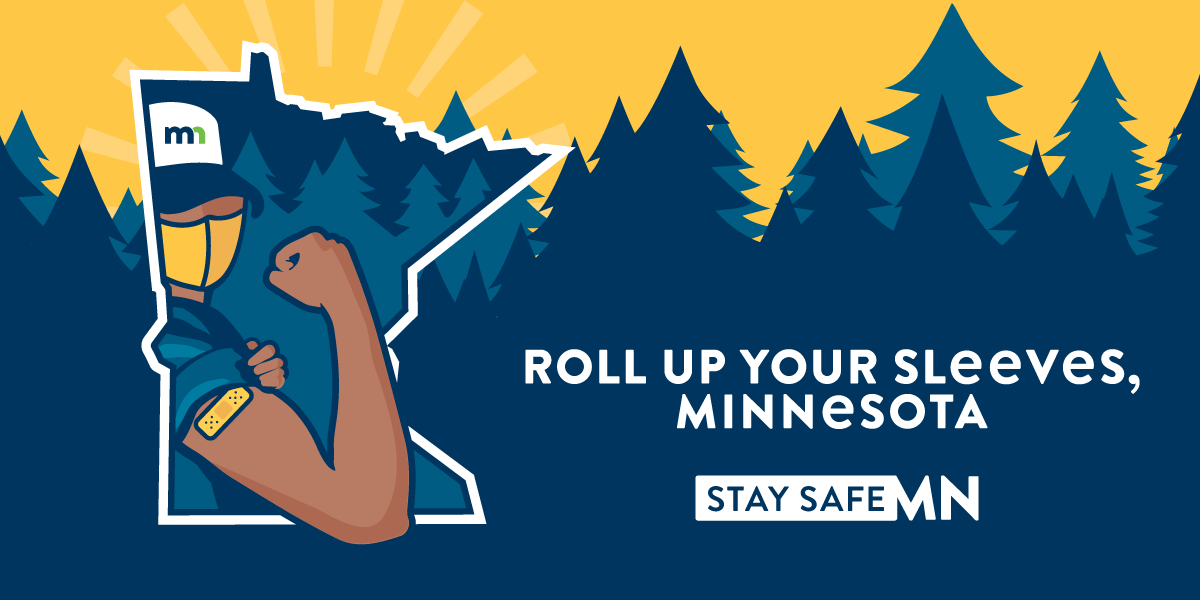When you get vaccinated for COVID, you’ll be given a little white card issued by the CDC. Its official name is the COVID-19 Vaccination Record Card. Unofficially, it’s being called the Vaccine Passport.
The card is filled out for you at your appointment. The healthcare worker records your name, date of birth, the date of each dose and the type of vaccine you’re getting: Pfizer Moderna or Johnson & Johnson.
For two-dose vaccines, you need to bring the card to your second appointment. Some people take photos of their cards, in case they get lost.
These Vaccine Passports are your proof of vaccination. But these little slips of paper have also stirred up controversy.
Florida’s governor has banned the use of them. There’s a feeling that requiring proof of vaccination is an invasion of privacy. Not everyone wants to get vaccinated. And no business should require proof of vaccination for service.
Hawaii, which is heavily reliant on tourism dollars, hopes to encourage travel with a vaccine passport program. Airlines, cruise lines and concert venues have established vaccine verification systems. A vaccine passport program can speed up the process. And they can allow for larger crowd sizes, a great help to industries struggling to reopen during a pandemic.
Minnesota’s governor Tim Walz says the state has no plans for a vaccine passport program.


 As Johnson & Johnson Vaccine is Paused, Vaccine Demand is Still High
As Johnson & Johnson Vaccine is Paused, Vaccine Demand is Still High